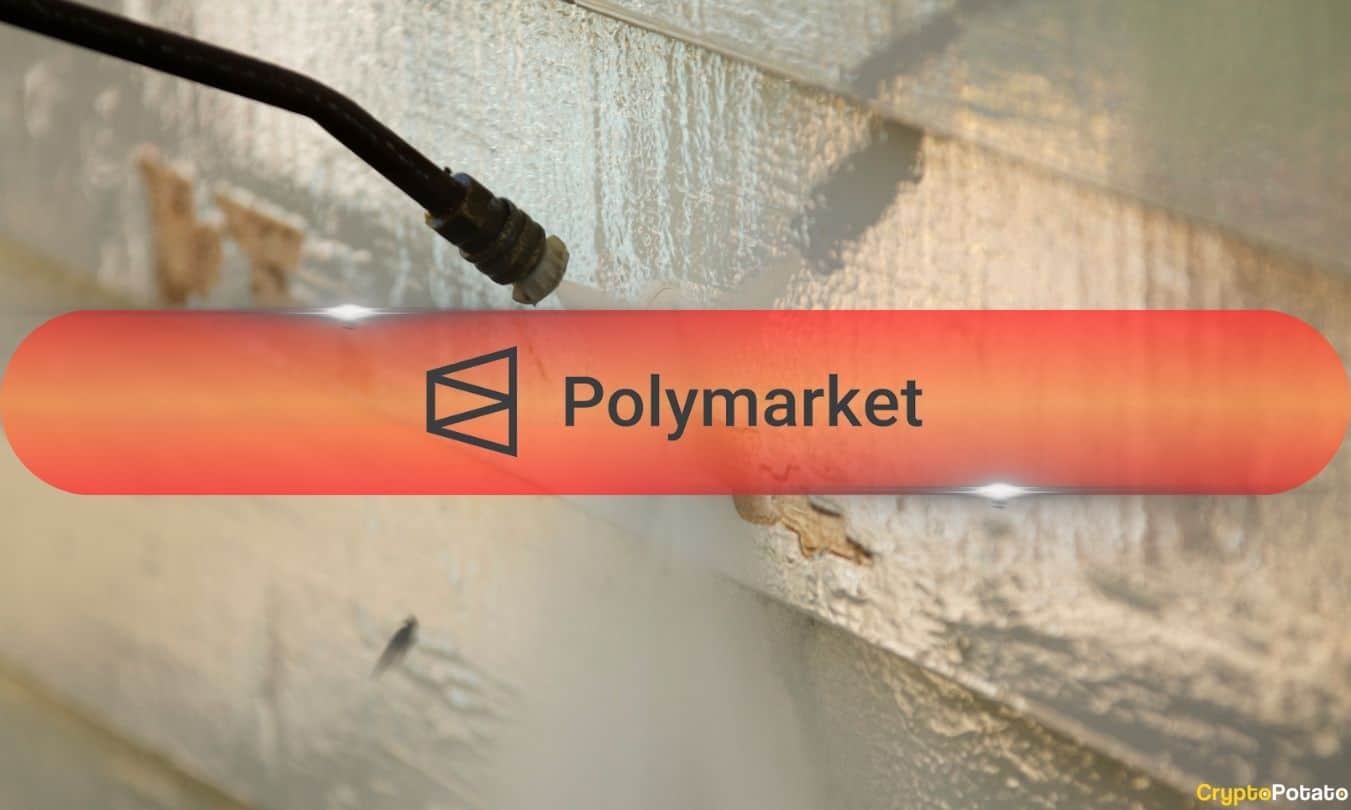For over a decade, the tech industry has been chasing unicorns—those elusive startups valued at over $1 billion. The obsession began in 2013, when Aileen Lee—a Palo Alto–based VC—coined the term that captured the imaginations first of founders and investors, and then prime ministers and presidents. But these mythical beasts are also rare: only 1 percent of VC-backed startups ever reach this status.
As society enters the age of AI, and financial markets put renewed value on business fundamentals, our understanding of what makes a successful tech company is evolving. Promise alone doesn't make a national, regional or global champion. Champions are those companies that combine both the promise of untapped growth and the fundamental metrics that demonstrate strong and sustainable customer demand.
Until recently, Silicon Valley has been seen as the world's undisputed unicorn factory. But Europe's innovation ecosystem has matured to a point where it is consistently producing companies with both the vision to change the world and the fundamentals to sustain that change. Leading the pack is a cohort of more than 507 “thoroughbreds”—startups with annual revenues of at least $100 million.
More than a third of these high-potential companies are headquartered in what we call New Palo Alto: not a singular location, but a network of interconnected ecosystems within a five-hour train ride of London. After the Bay Area, this is the world's second most productive innovation cluster and includes cities with industrial heritage like Glasgow, Eindhoven, and Manchester, as well as world-renowned capitals of culture, policy, and academia like Amsterdam, Cambridge, Edinburgh, London, Oxford, and Paris.
They’re home to companies such as low-cost computer maker Raspberry Pi, whose technology was invented and developed in Cambridge, manufactured in Pencoed, South Wales, and sold worldwide. Raspberry Pi recently crowned over a decade of growth with a listing on the London Stock Exchange. At the time of listing, it had revenue of $265 million and $66 million in gross operating profits.
Other New Palo Alto thoroughbreds include fintechs Monzo, Revolut, and Tide, which provides mobile-first banking to SMEs, as well as fast-growing companies such as iPhone challenger Nothing and London-founded Cleo, the conversational AI pioneer that helps young US consumers manage their finances.
Seven of Europe's ten most valuable tech companies founded after 1990 have emerged from New Palo Alto: Booking.com and Adyen from Amsterdam; Wise, Revolut, and Monzo from London; ASML from Eindhoven; and Arm from Cambridge. All are products of this interconnected ecosystem.
Yet, for all its promise, New Palo Alto remains an underinvested region. While early-stage funding is now higher than the Bay Area, thoroughbreds face a staggering $30 billion gap in funding at the crucial scale-up stage compared to their Bay Area counterparts.
Governments of the leading economies in New Palo Alto—Britain and France—have delivered progressive policy frameworks to support innovation and tech companies, including investment in R&D, talent, and visa programs. They are also putting in place policies including the UK’s Mansion House Compact and France’s Tibi, to support more scale-up capital.
But no innovation cluster ever became great because of policy alone. Success occurs when investors fully understand the investment opportunity. Now that we have nearly 1,000 venture-backed companies in EMEA with revenues of more than $25m, helping this ecosystem to achieve its full potential is no longer about solving a policy challenge. It’s about recognizing a huge investment opportunity.
This is why in the last decade, the amount of venture capital coming into the region has increased nine times, and why in the next decade, large institutional investors in the UK and in France will bring billions of dollars of investment to back private companies.
The new British Prime Minister's home constituency includes Somers Town, an area close to St Pancras station and within sight of Google and Meta’s huge European headquarters. Yet for all the gleaming towers, too many neighborhoods in New Palo Alto have been left behind by technology. In Somers Town, 50 percent of children receive free school meals, 70 percent of residents receive social care, and adults live 20 years fewer than in leafy Highgate, only 20 minutes up the road.
As the tech industry faces increased scrutiny, we have an opportunity to offer an alternative model of innovation. By building thoroughbreds to be sustainable, transparent companies we can begin the work of sharing the benefits of innovation more equally.
Just as some of the most iconic US cities take their names from the ancient cities of Europe—New York and New Orleans—New Palo Alto pays respect to its namesake while also signaling a deliberate choice for the future.
This article first appeared in the November/December 2024 edition of WIRED UK.

 2 weeks ago
9
2 weeks ago
9




:quality(85):upscale()/2023/09/21/802/n/1922729/d9a11ce9650c8850437280.00070284_.jpg)

:quality(85):upscale()/2024/10/30/955/n/42301552/28e49c1e6722ab5b973b38.46745005_.jpg)

 English (US) ·
English (US) ·